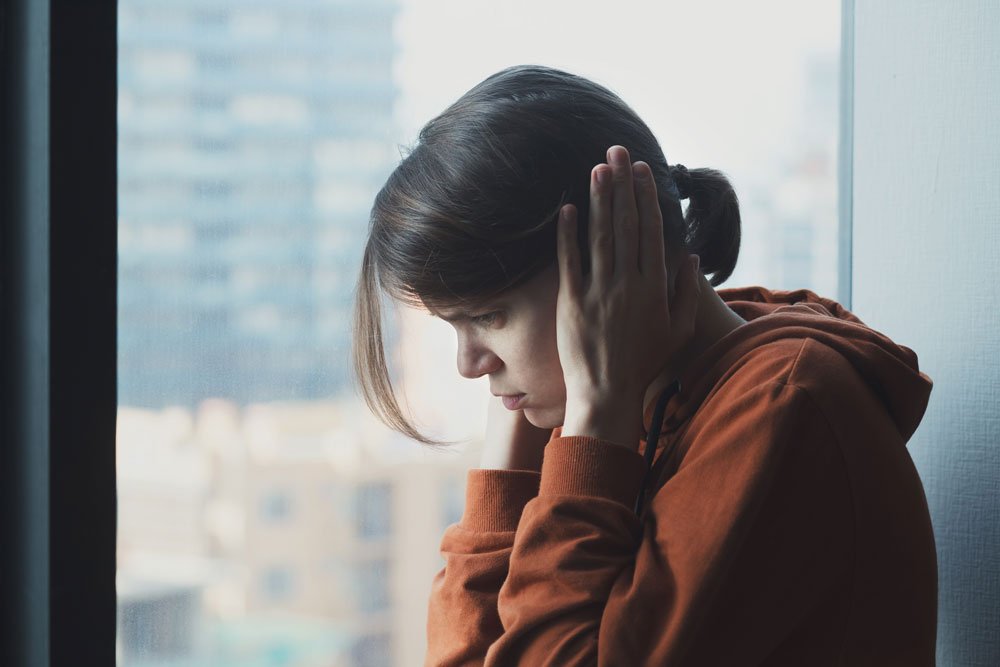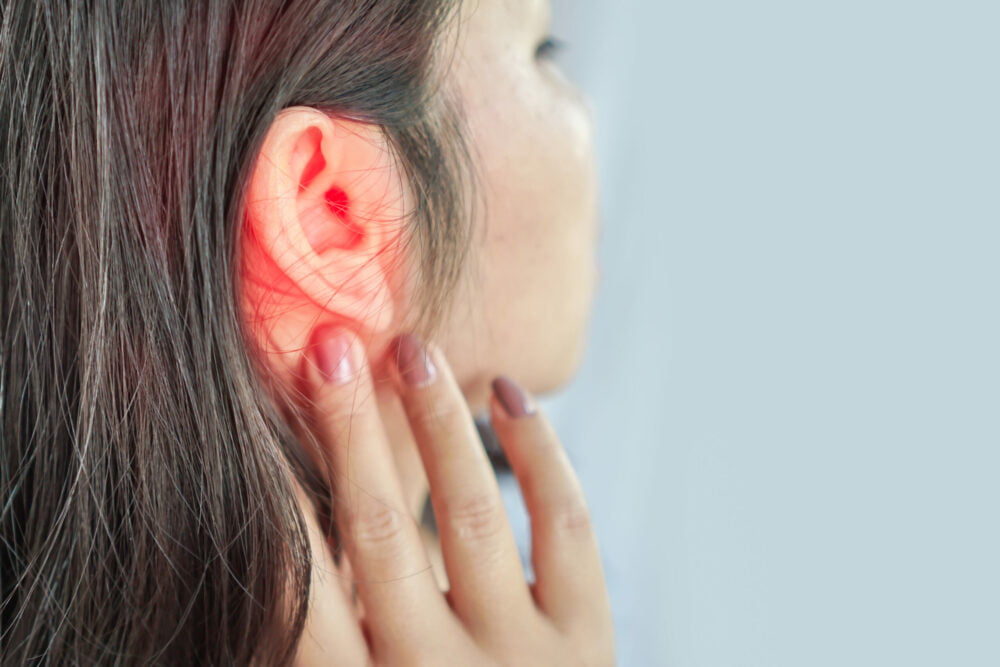Earache is a common issue that affects adults and children alike and can occur in one or both ears. The pain may be constant or intermittent, and it can be sharp, dull, or burning. Although they are not usually a sign of anything serious, earaches can be quite uncomfortable and have the power to seriously disturb our day-to-day life if left untreated.
What Are the Common Causes of Earache?
There are various conditions and causes that can lead to earache. Some of them include:
Earwax Build-up
Earwax is an important part of the well-being of our ears- not only does it protect and lubricate them, but it also allows them to self-clean by filtering out dust and debris. It usually dries up and falls out on its own, however in some cases an excessive amount can build up inside the ear and cause pain.
It is essential that impacted individuals do not attempt to remove the wax on their own by inserting cotton swabs or other objects in the ear but go and see a healthcare professional instead. Over-the-counter ear drops could also be helpful since they soften the wax in case it has hardened.
Ear Infections

- Outer Ear Infection
These occur due to water or moisture being trapped inside the ear canal and breeding bacteria. They can be caused by swimming (typically called ‘swimmer’s ear’), but activities like wearing earbuds or hearing aids, or scratching the skin in the ear canal due to inserting cotton buds or other objects inside could also lead to outer ear infections.
- Middle Ear Infection
Infections occurring inside the middle ear can be the result of conditions related to the respiratory tract which cause fluid build-up behind the ear drums. This leads to breeding of bacteria which ends up causing the infection. Middle ear infections (or otitis media) are the most common cause of ear pain.
- Inner Ear Infection
Labyrinthitis and vestibular neuritis are infections that take place inside the inner ear and can also lead to ear pain if the case is severe. They are caused by either viral or bacterial infections from respiratory conditions.
Air Pressure
Although the ear is usually quite good at regulating air pressure and keeping it equal on both sides of the eardrum, sudden changes in altitude, for example when you are on an airplane, can temper with the balance and lead to pain and trouble hearing.
Other Causes
Other common causes that lead to earaches are conditions that take place in a different part of the body. These include throat infections, as well as tooth abscesses, cavities, and impacted molars.
Less common causes, such as TMJ (temporomandibular joint) syndrome, arthritis affecting the jaw, eczema in the ear canal, or tumours, can also be the reason for ear pain.
What Accompanying Symptoms Can Occur?

Depending on the cause of the pain, earache can be accompanied by additional symptoms:
- Impaired hearing
- Fluid leakage from the ear
- Sensation of blockage/fullness in the ear
- Headache
- Feeling/being sick
- Loss of appetite
- Poor balance
Are There Home Treatments That Can Provide Relief?
There are some steps you can take to relieve ear pain at home in case the earache is not severe:
OTC (over-the-counter) medication
Anti-inflammatory drugs such as ibuprofen, acetaminophen, or aspirin can help reduce the pain in case of an earache. However, parents should speak to a doctor before administering such medications to babies and children as they can cause serious side effects in young individuals.
Heating Pads
Applying a warm (not hot) pad to the ear for 20 minutes can help reduce inflammation and pain. Children should not use heating pads without supervision.
Ear Drops
If the pain is caused by earwax, ear drops can provide temporary relief by softening the wax. However, it should be noted that they are not a substitute for prescription medicine in case such is needed and if the symptoms persist over a few days, medical attention should be pursued.
Other home remedies that can relieve ear pain include chewing gum (if air pressure is the issue), sleeping upright, applying a cold compress (as cold can sometimes provide better relief than hot), and performing some gentle massage around the affected area.
When Should I See a Doctor During Earache?
It is essential that you seek medical help by booking an urgent appointment with your GP or contacting 111 in case the earache is persistent and/or severe and you are experiencing symptoms like a high temperature, swelling around the ear, sore throat, a rash or fluid discharge from the ear canal.

Do you think you might be suffering from an ear infection or earwax build-up? Why not book an appointment with us? Wait no longer and click here to make an enquiry today!






